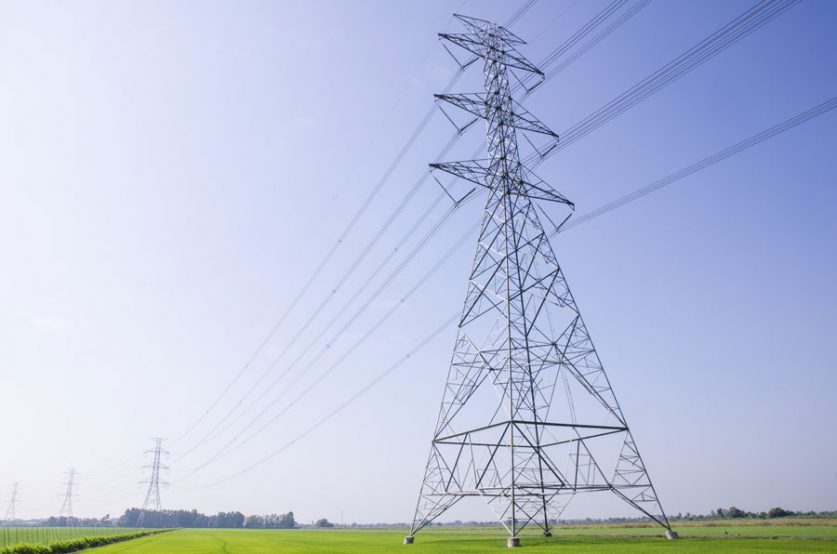
After being found responsible for causing delays to Western Link – a subsea power cable – both the National Grid and Scottish Power Transmission have agreed to pay a £158m fine.
The decision was made by energy regulator Ofgem after the project was finally completed in June 2019, more than two years behind the scheduled completion date of March 2017.
While energy infrastructure projects often run over estimated timelines, this instance has been taken more seriously. The delay meant that the National Grid needed to reduce output from Scottish wind farms in order to avoid damage to electrictrical infrastructure. As less energy was available when it was needed, costs for households increased.
Ofgem began investigating the causes for the delay back in January 2020. It found a number of different factors, including problems installing cables, acquiring land and manufacturing key components. The resulting report found both parties culpable, although it acknowledged that neither did anything purposefully.
£15m of the fine will go directly into the energy regulators redress fund, which provides financing for charities that work to reduce the impact of climate change. The rest of the money will be used to reduce bills for customers that were affected by increased energy costs as a result of the delay.
Western Link will play a huge part in the UK’s pledge to reach net-zero by 2050. The £1.2bn cable stretches 262 miles between Scotland and Wales and has a 2,250 megawatt capacity. Scotland provides 35% of the UK’s wind power from it’s farms, so ensuring that there is ample infrastructure to transport power across the UK is vital.
Cathryn Scott, Ofgem’s director of enforcement and emerging issues, said: “To deliver the UK’s climate change ambitions, more of our electricity will come from renewable generation.This is already happening, with offshore wind and other projects in development.
“Innovative projects such as the Western Link are vital in moving clean energy from where it’s produced to where it’s needed. However, they must be delivered on time and to the standards agreed. Where they are not, as the energy regulator, we will hold the licensees accountable.”
Ofgem’s decision coincides with one of the most challenging times that the UK energy market has faced in decades. Unprecedented wholesale costs have caused 22 suppliers to go out of the business in the past three months.




